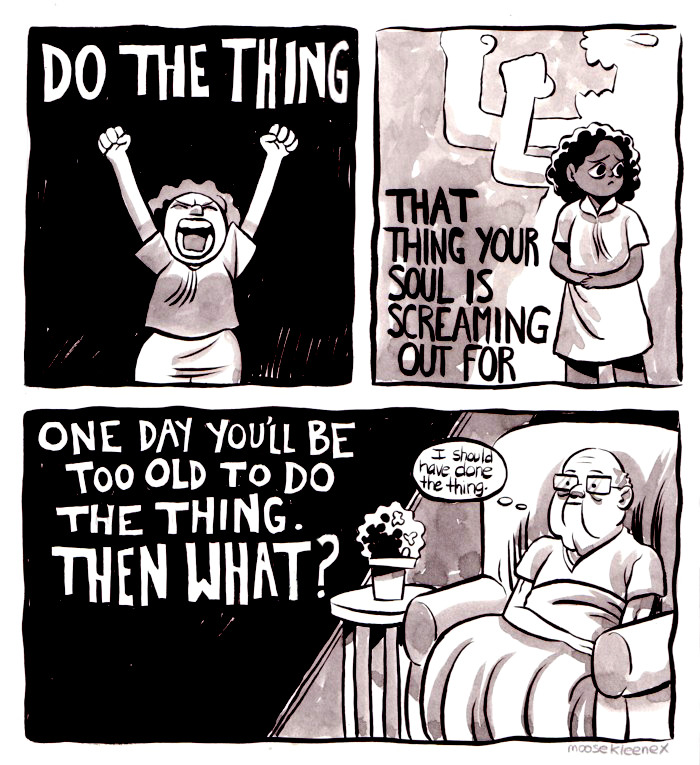Thursday, October 16, 2014 | 2:00 – 4:00 P.M. | 3rd Floor, Coffman Memorial Union
Many intellectual, social, and practical problems transcend the scope of a single field of study. Creative solutions to these types of complex problems often require the integration of multiple perspectives, methods and concepts. The centers and institutes at the University of Minnesota provide opportunities for researchers to collaborate across disciplines, and to seek the answers to some of the world’s toughest challenges.
The Discovery Across Disciplines showcase will highlight the exciting and engaging work of more than 50 of the University’s interdisciplinary research centers and institutes. Take time to connect with others across campus who share your research and scholarly interests at this poster-session-style event. Browse the exhibits, interact with researchers, network with colleagues, and learn about opportunities for involvement in interdisciplinary inquiry. Graduate students, postdocs, and new and relatively new faculty are especially encouraged to attend.
For more information, visit http://www.grad.umn.edu/news/discoveryacrossdisciplines or contact gsdean@umn.edu.
